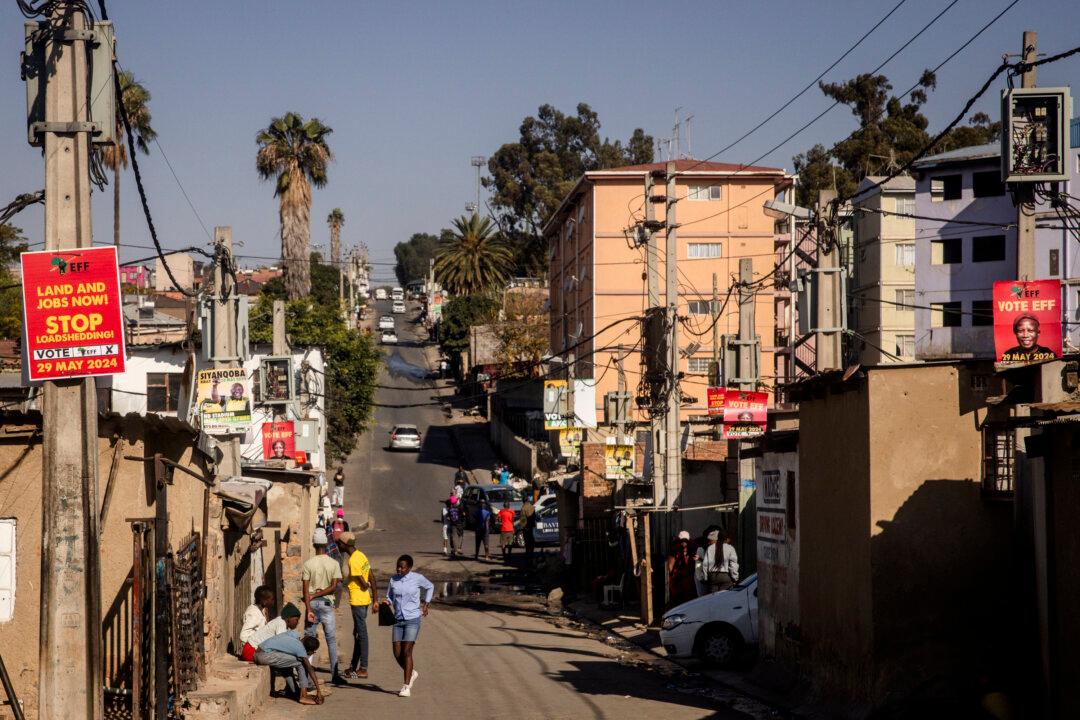Australian Foreign Minister Marise Payne has joined Five Eyes partners in expressing grave concern over the “erosion of democratic elements” in recent elections in Hong Kong that delivered a major victory to pro-Beijing candidates.
“The overhaul of Hong Kong’s electoral system introduced earlier this year reduced the number of directly elected seats and established a new vetting process to severely restrict the choice of candidates on the ballot paper,” he added.
“These changes eliminated any meaningful political opposition. Meanwhile, many of the city’s opposition politicians—most notably the majority of the ‘NSL 47’—remain in prison pending trial, with others in exile overseas.”

The statement was authorised by U.S. Secretary of State Antony Blinken, UK Foreign Secretary Liz Truss, Australian Foreign Minister Marise Payne, Canadian Foreign Minister Melanie Joly, and New Zealand Foreign Minister Nanaia Mahuta.
The number of candidates that the public could elect was also reduced from 35 to 20, despite the Legislative Council being expanded from 70 to 90 seats.
“Actions that undermine Hong Kong’s rights, freedoms and a high degree of autonomy are threatening our shared wish to see Hong Kong succeed,” the leaders said.
They warned of a “wider chilling effect” of the National Security Law, a contentious law passed last year that punishes any act defined as secession or subversion of the state—a broad interpretation of the law would catch dissidents and democracy activists.
“NGOs, trade unions and human rights organisations not supportive of the government’s agenda have been forced to disband or leave, while media freedoms are being curtailed at pace,” the Five Eyes’ said.
While Australian Shadow Foreign Affairs Spokesperson Penny Wong said the opposition was “deeply disappointed and concerned” by the election result.
“This further undermining of Hong Kong’s democracy and the One Country, Two Systems arrangement is not the behaviour of a responsible global power.”





